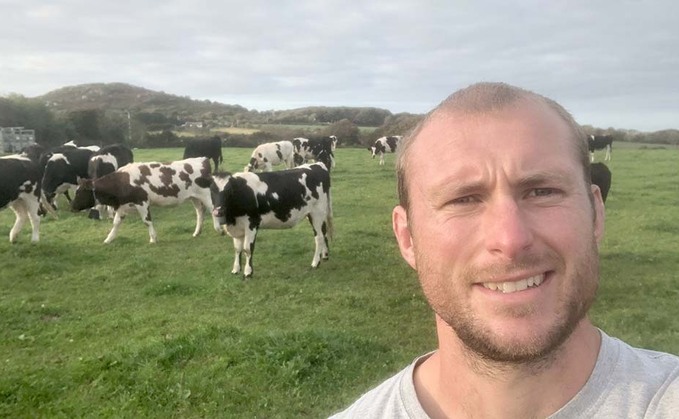
She says: "This flexibility allows for cattle to be kept out on grass for more days than usual, even on heavy clay soils. In 2019, the set-stocked cattle grazed for a total of 175 days whereas the technograzing...

She says: "This flexibility allows for cattle to be kept out on grass for more days than usual, even on heavy clay soils. In 2019, the set-stocked cattle grazed for a total of 175 days whereas the technograzing...
Teagasc’s Future Beef Programme continued its spring webinar series with a focus on what matters most in every suckler herd, delivering a live calf and keeping it alive.
Following the publication of its Animal Welfare strategy in December, Defra has introduced two consultations
A determined Belgian couple with a go-getter attitude, supported by their team of working border collies, have carved out a new farming life in Scotland